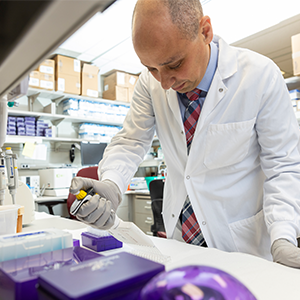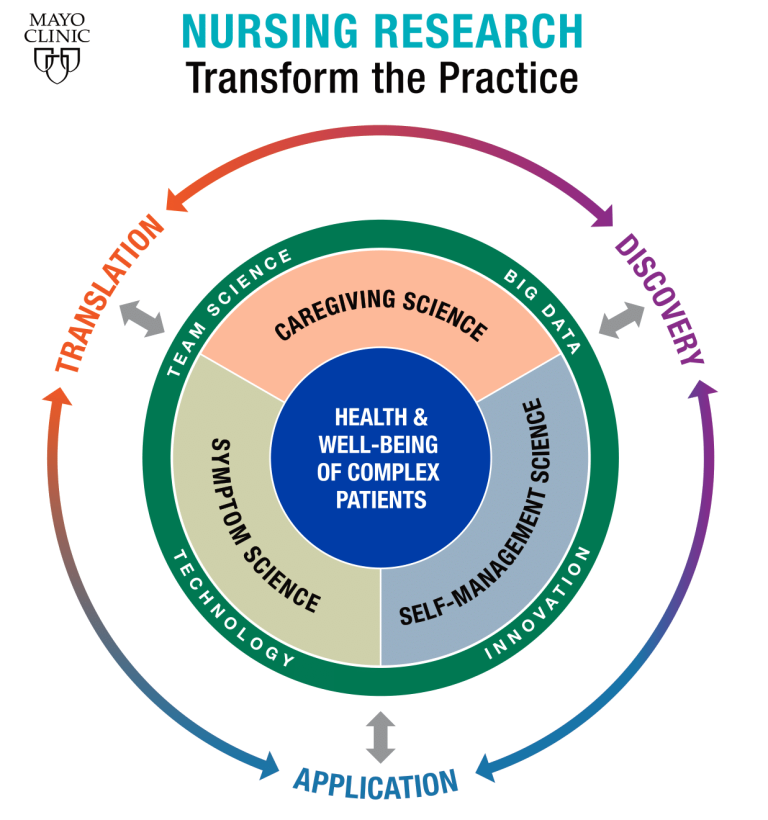-
Precision genomics may offer clues to unexplained low blood cell counts

Precision genomics has opened the door to identifying the drivers for cancer and other diseases. Its value as a diagnostic tool isn't limited to the underlying disease biology, however. It also can help diagnose and determine targeted therapies for patients with unexplained illnesses.
Mrinal Patnaik, M.B.B.S., a Mayo Clinic hematologist, and colleagues conducted research with patients who had unexplained low blood cell counts, or cytopenias, and found that a precision genomics approach has the potential to change clinical treatments and enable personalized care. Dr. Patnaik is associate professor of medicine and assistant professor of oncology, Mayo Clinic College of Medicine and Science.
"Adult patients with unexplained cytopenias need appropriate testing before subjecting them to trial-and-error therapies," says Dr. Patnaik, corresponding author of the study, published in Mayo Clinic Proceedings. "A significant proportion of these patients could have genetically defined inherited bone marrow failure syndromes, which need specialized treatment. Precision medicine testing has the potential to alter their clinical management."
Researchers evaluated 68 patients with unexplained cytopenias. About one-third of patients were found to have inherited bone marrow failure syndromes, while 44% did not fit under a known clinical syndrome, diagnosed as clonal or idiopathic cytopenias of undetermined significance. The remaining patients didn't fit either category.
"Adult patients with unexplained cytopenias need appropriate testing before subjecting them to trial-and-error therapies. A significant proportion of these patients could have genetically defined inherited bone marrow failure syndromes, which need specialized treatment. Precision medicine testing has the potential to alter their clinical management."
Mrinal Patnaik, M.B.B.S.
Dr. Patnaik and colleagues then conducted a chart review to determine how the information was applied later in the clinical setting. In 25% of the cases, doctors and patients made changes in clinical management, including decisions regarding therapeutic interventions, donor choice and conditional regimens for stem cell transplantation.
Even when a definite diagnosis couldn't be reached, patients received a tailored follow-up plan that was informed by the genomic work.
"Clearly the information was of value and led to changes in treatment," says Dr. Patnaik, who has a special research interest in blood cancers called myelodysplastic and myeloproliferative neoplasms. "Our data suggests that it is possible to use this testing in routing clinical practice, and the results should encourage clinicians to consider these tests."
The study was funded in part by the Center for Individualized Medicine's Gerstner Family Career Development Award and a grant from the National Center for Advancing Translational Science, which is part of the National Institutes of Health.
Learn more
Read more stories about advances in individualized medicine.
Register to get weekly updates from the Mayo Clinic Center for Individualized Medicine blog.
Join the conversation
For more information on the Mayo Clinic Center for Individualized Medicine, visit Facebook, LinkedIn or Twitter at @MayoClinicCIM







